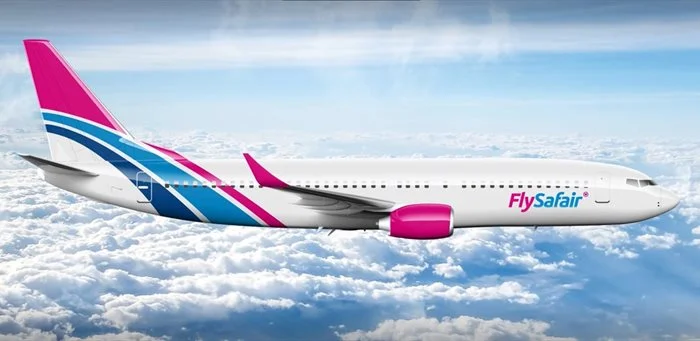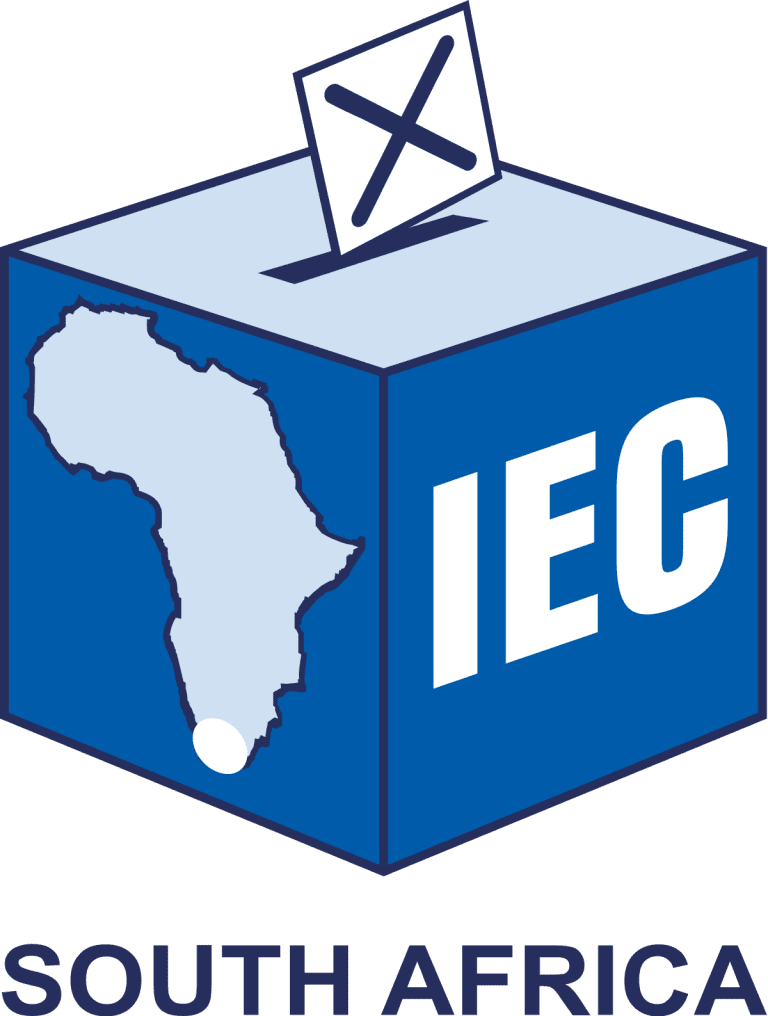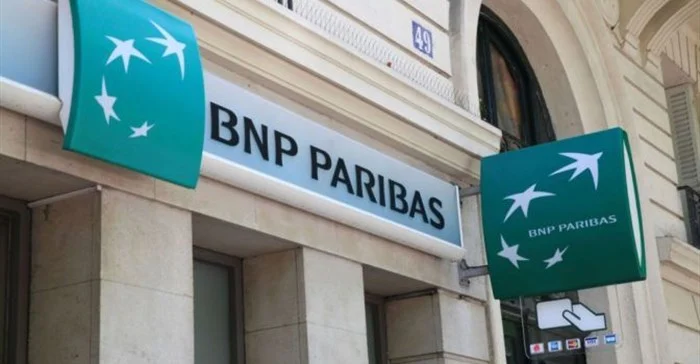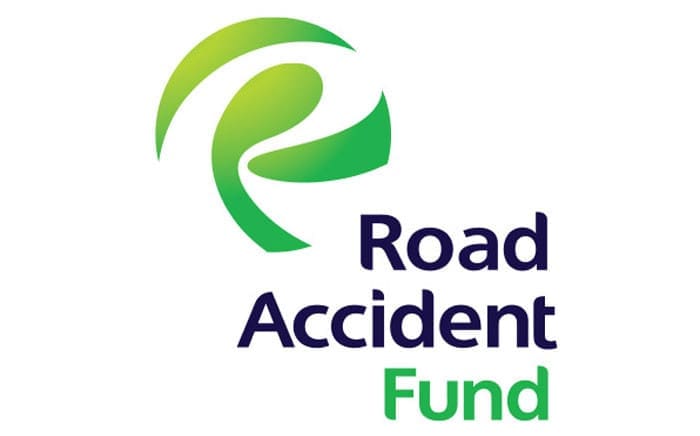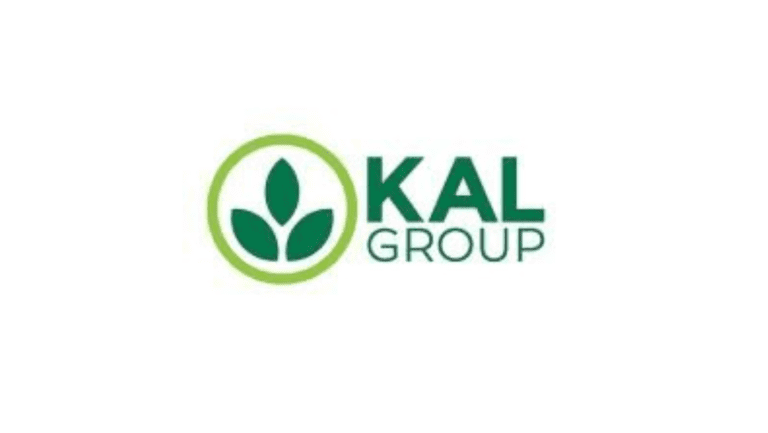In a bid to curb illicit financial flows and clamp down on customs valuation fraud related to advance foreign exchange payments, the South African Revenue Service (SARS) is set to roll out new regulations effective from December 1, 2023. These alterations will significantly impact businesses involved in import transactions exceeding the value of R50,000.
The impending changes revolve around the introduction of Advance Payment Notifications (APNs), a mandatory notice to be submitted through SARS E-filing by importers intending to make an Advance Import Payment beyond R50,000. An Advance Import Payment, on the other hand, refers to any foreign exchange payment made for importing goods before their shipment by the supplier.
According to Dylan Govender, the Head of Supply Chain at Investec for Business, the primary objective of these APN requirements is to foster collaboration between SARS, authorized dealers (banks), and legitimate traders. The aim is to combat financial irregularities linked to the misuse of advance foreign exchange payments in the context of imports.
“Importing products into the domestic economy is a multifaceted process, especially amid unpredictable global supply chains and port congestion. This environment significantly increases the likelihood of non-compliance and customs fraud,” highlighted Govender.
He further explained, “These fraudulent activities range from misdeclaration of goods to valuation discrepancies and misrepresentation of the country of origin, occurring through various channels.”
Initially introduced in December 2021, importers were obligated to inform SARS of their intention to seek an advance foreign exchange payment from an authorized dealer for importing goods. Two years down the line, SARS has now expanded this process, mandating the involvement of authorized dealers to enhance control over advance pre-payments on import shipments. This move seeks to strike a balance between streamlining trade facilitation and ensuring compliance.
An essential aspect of the new regulations stipulates that an APN must be provided for advance payments on goods not yet cleared into South Africa, valid for a duration of 30 days. During this period, the importer’s paying bank must receive the payment instructions.
Importers failing to furnish the APN at the time of payment could face delays at their respective banks. Notably, APNs are not mandatory for advance import payments into the Common Monetary Area comprising Eswatini, Lesotho, and Namibia.
The implementation of these regulations, effective December 1, 2023, is anticipated to have a tangible impact on imports during the festive season and those expected for the upcoming New Year. Businesses grappling with meeting end-of-year orders might find these changes further complicating an already intricate industry landscape. While most comprehend the rationale behind these adjustments and anticipate adaptation, they are bracing for additional investments in time and resources to comply with the new norms.
The updated regulations enforced by SARS signify a concerted effort to fortify oversight in import transactions, addressing potential financial irregularities and enhancing compliance measures within South Africa’s trade ecosystem. These changes aim to create a more transparent and regulated import environment, albeit requiring businesses to navigate through added complexities and adjustments in their operational frameworks.






